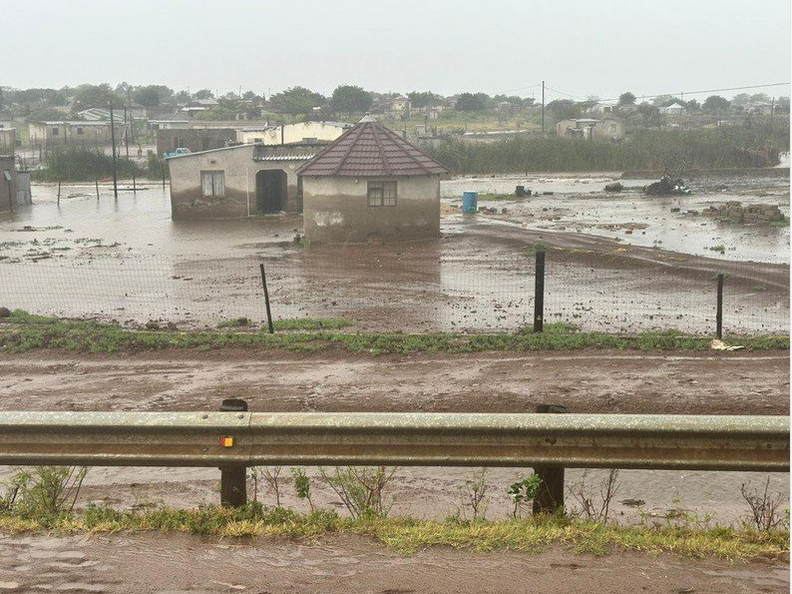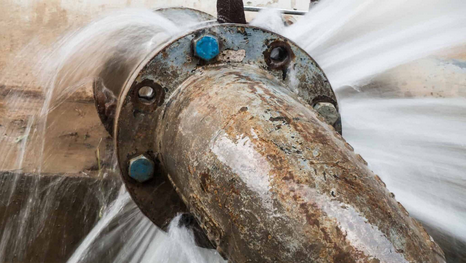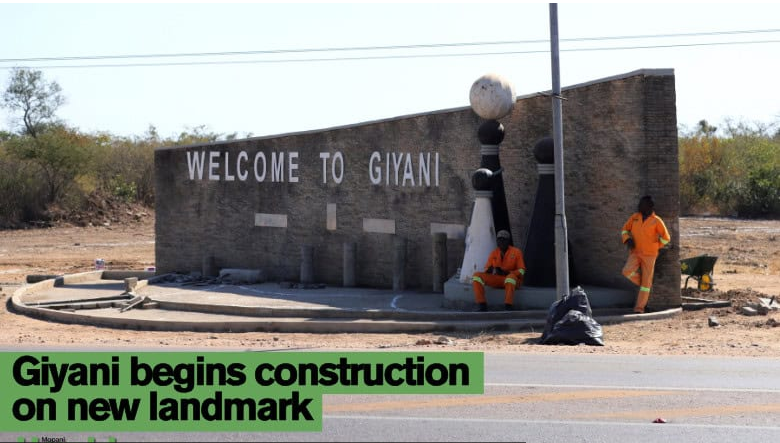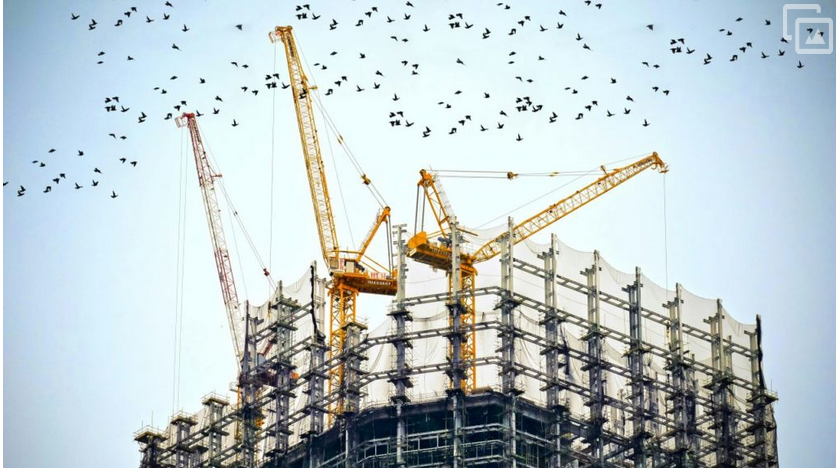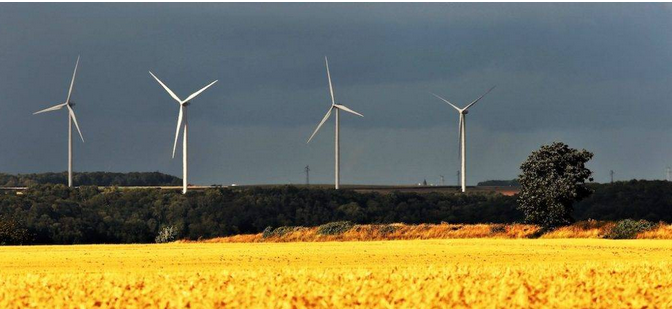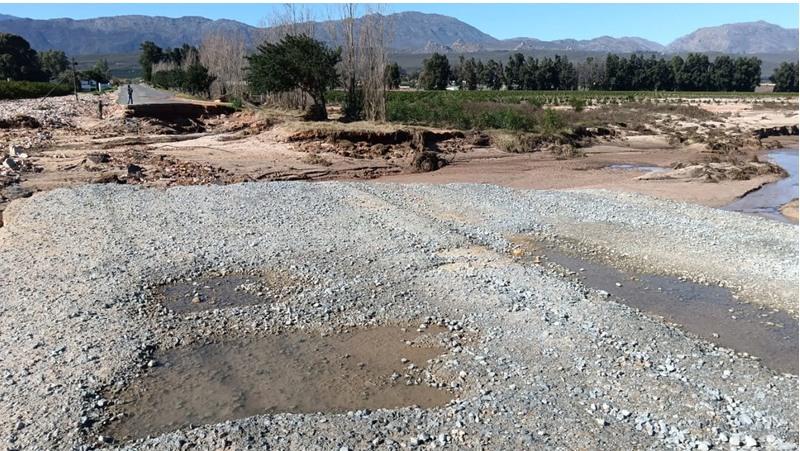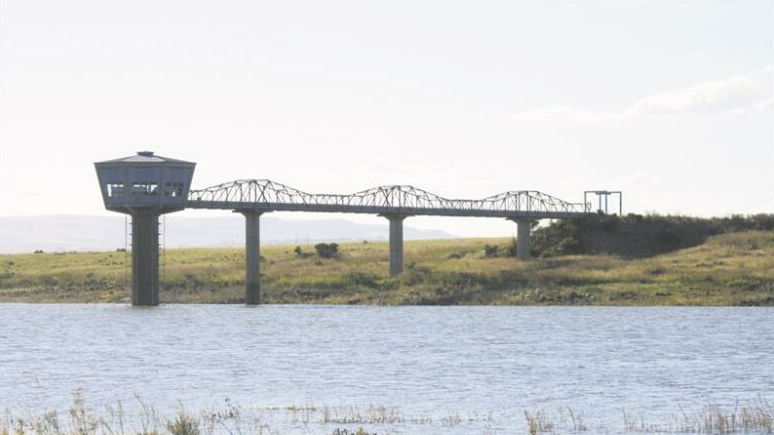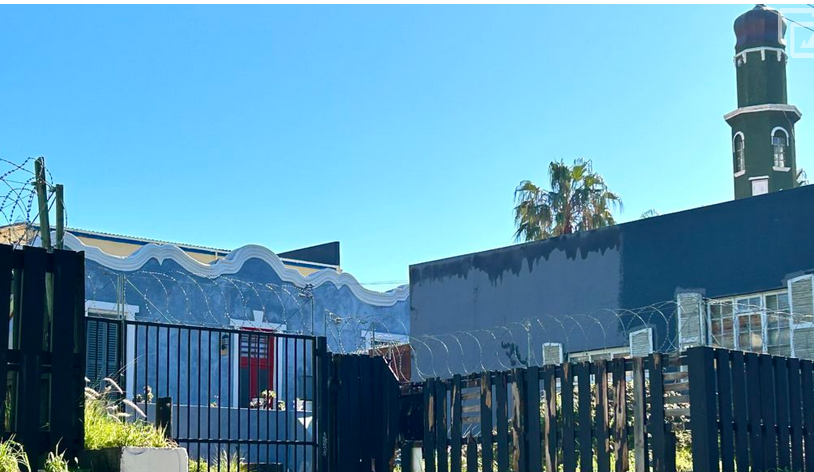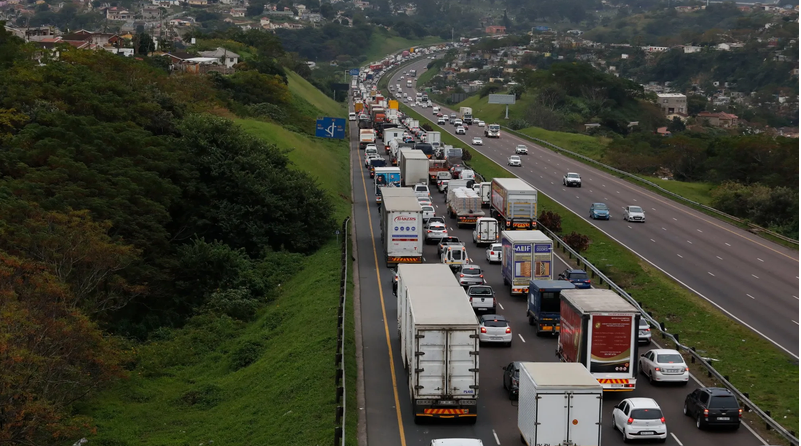Government needs to be creative to pull off infrastructure plan, says Patel

Advertising
23-07-2014
Read : 95 times
BusinessDay
Source
THE government has an infrastructure shopping list of R1.5-trillion for the next five years, but the weak economy and the increased cost of borrowing mean it will have to look for "innovative" financing solutions.
Among the solutions being proposed by Economic Development Minister Ebrahim Patel are off-take agreements and heavy financial penalties against companies that flout the competition and transformation laws. Mr Patel delivered his budget vote speech in Parliament on Tuesday.
Speaking to Business Day afterwards, Mr Patel acknowledged the economy was struggling and that this would con strain the state’s ability to invest in large infrastructure projects.
Gross domestic product growth this year is expected to be much lower than the Treasury forecast of 2.7%. Last week, Reserve Bank governor Gill Marcus said the bank expected the economy to grow just 1.7%.
A five-month strike in the platinum sector and industrial action in its fourth week in the steel and engineering sector have added to the economic woes. Rating agency Standard & Poor’s last month downgraded South Africa to one notch above junk status, raising the government’s cost of borrowing.
"That is why we (the government and state-owned companies) have to look at innovative ways of financing ," Mr Patel said.
Building infrastructure is the cornerstone of President Jacob Zuma’s second term and central to his promise to create 6-million job opportunities by 2020.
Infrastructure backlogs were identified by the government as the main reason for South Africa not properly benefiting from the 2007 commodities boom and why there is a drive to invest now in order to be ready for the next cycle.
One "innovative" funding solution Mr Patel cited was that of Transnet connecting the coal-rich Waterberg to the Richards Bay Coal Terminal, or to Eskom’s power stations, Medupi and Kusile.
"Mining companies commit themselves to Transnet to export so many thousands or hundreds of thousands of … tonnes of coal on the railway lines. Transnet then takes those agreements to the banks to raise the capital to build or expand the railway capacity."
The government was looking at "many financing options" and more announcements would be made, Mr Patel said. Former public enterprises and now Home Affairs Minister Malusi Gigaba had mooted the idea of off-take agreements three years ago.
Transnet Freight Rail spokesman Mike Asefovitz said Transnet termed those contracts as "take or buy", but it was still too early to say how successful they were.
"The underlying philosophy is to create capacity ahead of demand. We no longer want to be in the situation where we suddenly wake up to demand and then have to go in and build all of that infrastructure," he said.
XMP senior coal analyst Xavier Prevost shot down the Waterberg infrastructure model, saying even if the prospective mines were developed, rail transport would be too expensive to make them viable. "So then the government or a major customer such as Eskom would have to subsidise the rail costs ."
Recent News
Here are recent news articles from the Building and Construction Industry.
Have you signed up for your free copy yet?
